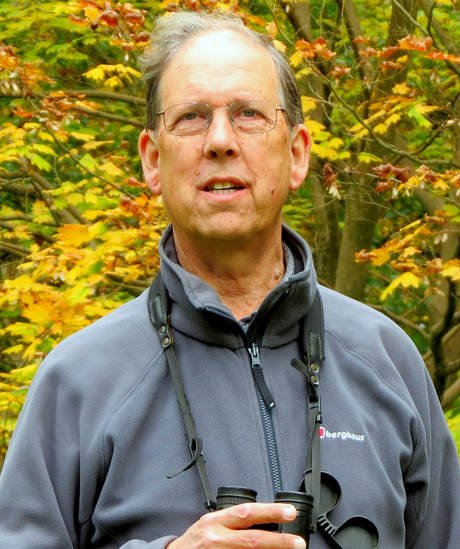One of my early mentors in MRA/IofC was Ian Sciortino. We were together in Malta in the early 1970s. A saying of his has stayed with me ever since: ‘Hit the ball hard when you see it.’ I guess it’s a cricketing reference, though it could equally well apply to baseball and other sports. His point was that, when you are clear what you are meant to do, go for it with all your energy and imagination.
Many sportspeople have been involved with IofC over the decades – the compelling stories of some can be found on the FANW site.
Conrad Hunte, for example, was a renowned batsman with the West Indies cricket team. His story, and that of his wife Patricia, can be read in a 1988 article on this website. One paragraph gives an idea of his background: ‘Conrad was the eldest of nine children of a plantation worker who later became a local government officer. They were so poor that when he was 12 he only had one square meal a day - and the entire menu was maize flour. From the age of four he walked barefoot three miles to school and back, rain or shine; he did not have a pair of shoes until he went to grammar school at 11.’
But, as his fame grew, a salutary experience caused him to re-evaluate his life-goals. ‘My life was doing nothing to help the poor of the world. I had failed God and man,' he said. From then on, he started working for a change both in himself and in society as a whole. And his cricket reportedly became brighter. He is remembered in the UK for the contribution that he made to race relations. But he also did valuable work in South Africa, where he came face to face with Apartheid, and later in the United States.
A search for ‘sportswoman’ on FANW brings few hits. But Betty Beazley comes up under ‘athlete’. Her profile page states: ‘Former Australian athlete and wife of Kim Beazley Sr.’ His story is briefly told in an earlier blog. Perhaps someone will write her story one day? And a search for ‘tennis’ produces Doe Howard, a Wimbledon champion.
‘Tennis’ also brings up HW ‘Bunny’ Austin, twice a Wimbledon finalist. He married the actress Phyllis Konstam. They were perhaps as much ‘celebs’ in the UK in their day as Posh and Becks are now. Both devoted many years to working with MRA/IofC. Their story is told in A Mixed Double.
TC ‘Dickie’ Dodds, who was an opening batsman for Essex, is another whose ability to entertain was enhanced by his encounter with MRA. He tells the story in his book, Hit Hard and Enjoy it, the words that came to him in a time of quiet when he sought divine inspiration on how he should bat. His obituary in The Independent by Peter Everington begins: ‘In his foreword to... Hit Hard and Enjoy it Sir Neville Cardus wrote, "In all the annals of cricket there has been no cricketer with so remarkable and inspiring a story to tell."’
‘There was a self-abandon to his batting that seemed automatic but which had actually resulted from a change of character’, writes Everington.
There’s a great photo of Dodds with Hunte and another first-class sportsman, Brian Boobbyer.
Boobbyer was another who sacrificed his sporting ambitions to answer an inner calling to work full-time with IofC. He played cricket for Oxford University but his best sport was probably rugby at which he represented England nine times. His son, Philip, edited a selection of the many talks (often to schools) and reflections that Brian wrote in Like a Cork out of a Bottle – a reference to the bursts of speed that, as a rugby back, enabled him to break through the opposition’s line. The book is also available in a slightly different form as Fit For Life. It demonstrates that Brian was an ominivorous reader – there are quotes from dozens of different sources. Just to give a flavour, in the reflection called, ‘The Mark of Greatness’, he writes:
‘Helping others, encouraging people, is not a technique; it is a love that comes from a deep inner life. It cannot be obtrusively done. Barnabas does not get much publicity in the New Testament. But without his unselfish care and friendship the apostle Paul would surely not have become the man he did.’
All of those I have mentioned above had an abundance of that much-needed quality.

